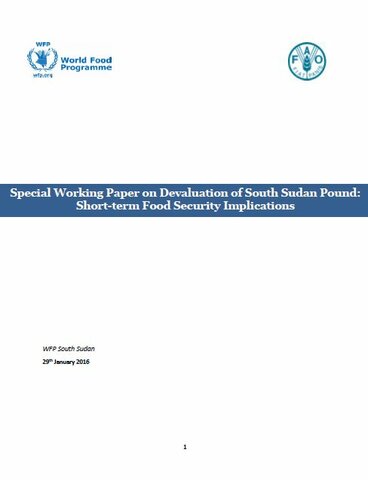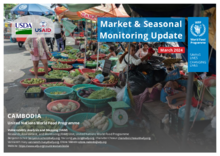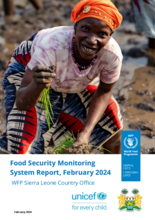
Since the independence of South Sudan, the value of the pegged exchange rate has somewhat been unsustainable – wide differential with the actual value of the currency as determined by economic circumstances and developments in the country. With the economy experiencing: (1) the 2012 oil production/export shutdown; (2) civil war from December 2013, leading to higher defense spending, disruptions of oil production, and higher risk perceptions of investors; and (3) the collapse in oil prices, from over USD100 per barrel in 2013 to USD 50 or less in 2015, the pegged exchange rate became unsustainable, with the situation further compounded by the terms of agreement with the Republic of Sudan over payments for the use of pipelines and compensation, which are fixed in US dollar terms and not related to the oil price. In an attempt to maintain the fixed exchange regime, the government had to ration the supply of foreign exchange in the official market, thereby giving rise to a foreign exchange black-market which met the demand not satisfied by the rationed official market. The divergence between the official rate and the black market rate increased over time as oil prices fell and foreign exchange reserves were further depleted.
| Document | File |
|---|---|
| Full Report [English] |
PDF | 820.17 KB
Download
|


